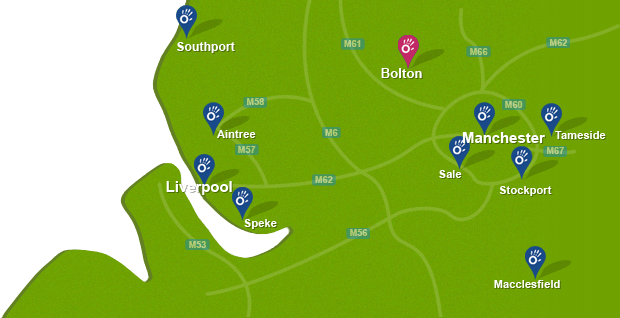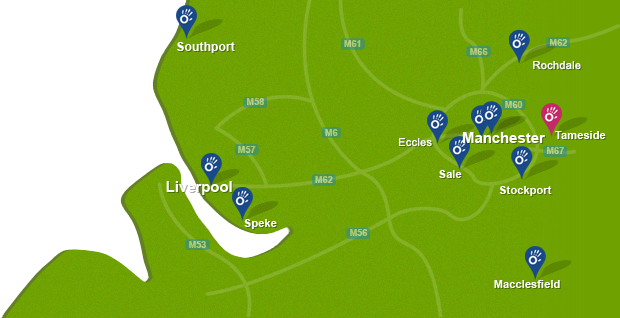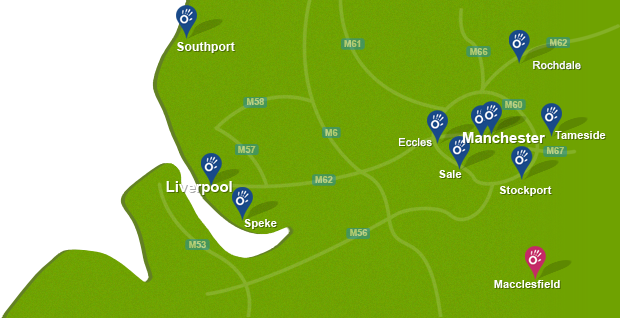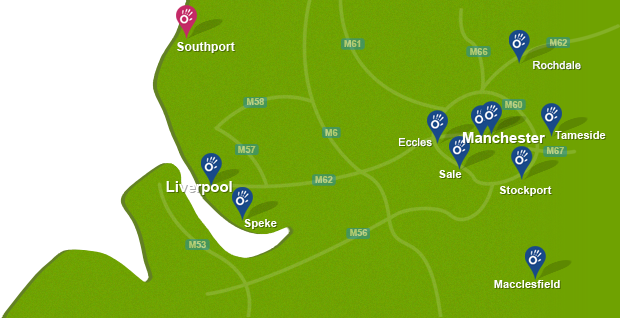What is scoliosis?
Scoliosis is the most common deformity of the spine comprising two abnormalities of the spine; a lateral curvature meaning the spine bends from side to side creating an 'S' shape; and a rotation of the spine, which causes a twisting effect of the vertebral bodies. This deformity of the spine can often cause pain and fatigue but this depends on the fegree of the curve.
 Above: Massage is an effective treatment for scoliosis.
Above: Massage is an effective treatment for scoliosis.What causes Scoliosis?
The cause of Scoliosis can point to various factors such as genetic, neuromuscular, hormonal or growth factors, though the cause is usually multi-factorial. In fact, the most common form of scoliosis is called "idiopathic scoliosis" which means that the cause is unknown, and furthermore it can affect people of different ages.
The most common type of scoliosis is idiopathic adolescent scoliosis. There are cases however of congenital scoliosis that is an abnormality in the development of the vertebrae, and it is this failure of the spine to develop normally that causes scoliosis and sometimes deformity.
Scoliosis can also be non-structural which means that a problem in another part of the body, like a discrepancy in leg length, can cause a curve in the spine or an imbalance in the muscles caused by one sided activities such as racket sports or something simpler like a child carrying a heavy bag on one shoulder all day at school.
What are the Symptoms of Scoliosis?
The symptoms of scoliosis include:
- Asymmetric alignment in the body such as uneven hip and shoulder levels
- One prominent shoulder blade
- Dissimilar size or location of breasts in females
- Often there is a muscle masses that causes a "hump" on one side of the body.
- Pain
- Fatigue
Diagnosis of Scoliosis
A doctor or physiotherapist will confirm a diagnosis of scoliosis after taking a thorough subjective history and completing a physical assessment.
Physiotherapy treatment for Scoliosis
Physiotherapy at Manchester Physio will help to minimise the impact of the scoliosis on your day to day life
Physiotherapy treatment can help to strengthen the supporting muscles of the spine and correct poor posture.
Your physiotherapist at Manchester Physio will develop a structured rehabilitation program which may include:
- Continual postural management including advice and adaptations. Mirror therapy is often used to increase awareness poor posture and correct it accordingly.
- Stretching and strengthening exercises for the back and shoulders
- Manipulation and mobilisations
- Ultrasound
- Soft tissue massage
- Ergonomic assessment
Physiotherapy treatment at Manchester Physio will reduce pain and stiffness, increase muscle strength and improve your posture so you can continue with you everyday and sporting tasks to your maximum ability.
For more information about how physiotherapy can help your back, or to book an appointment please call 0161 883 0077.

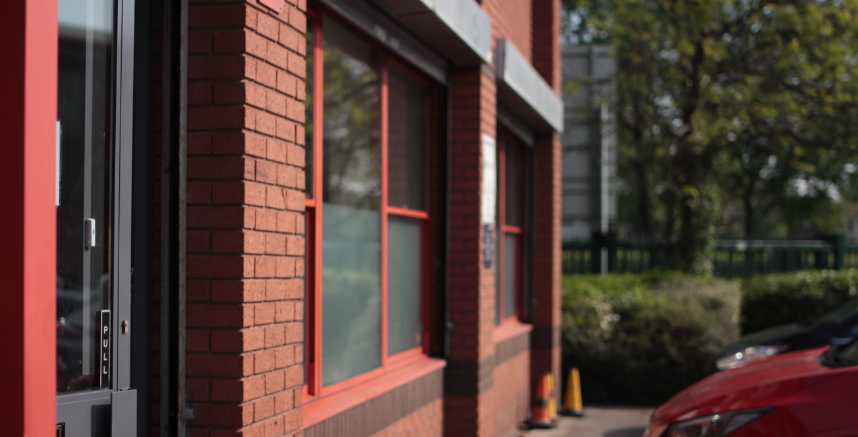
 0161 883 0077
0161 883 0077






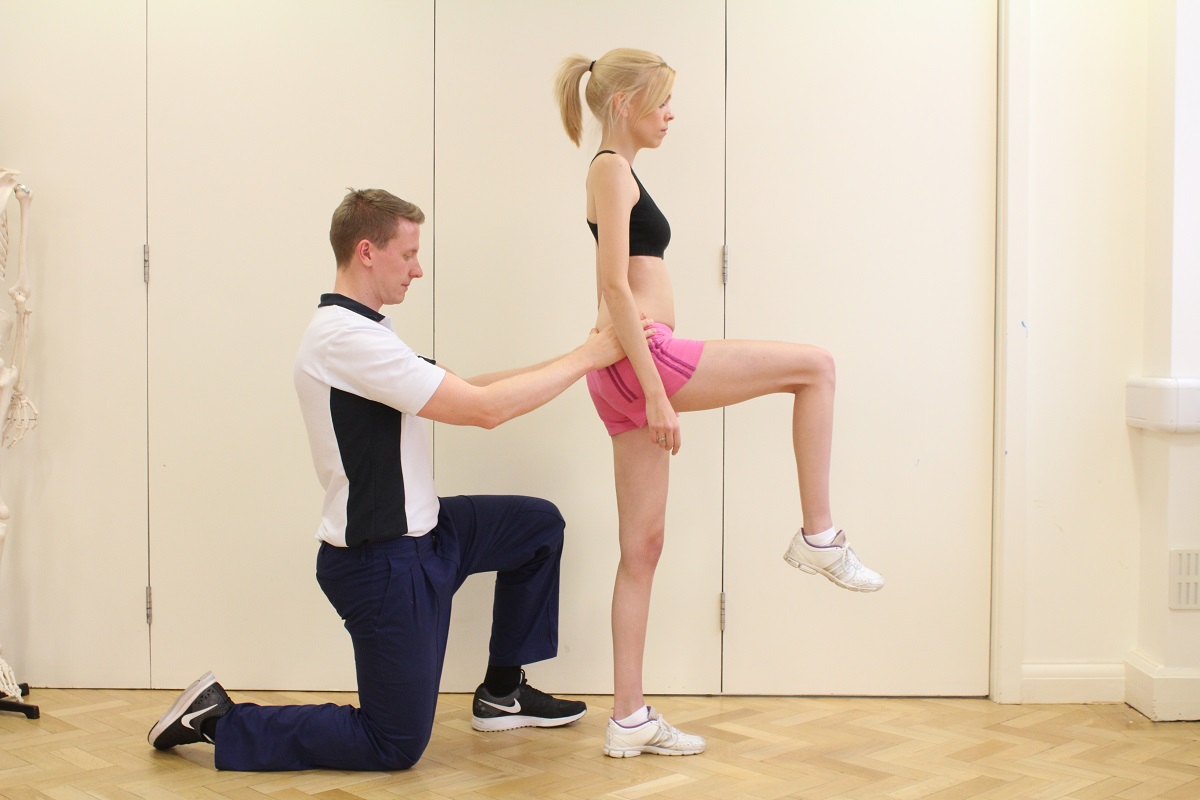
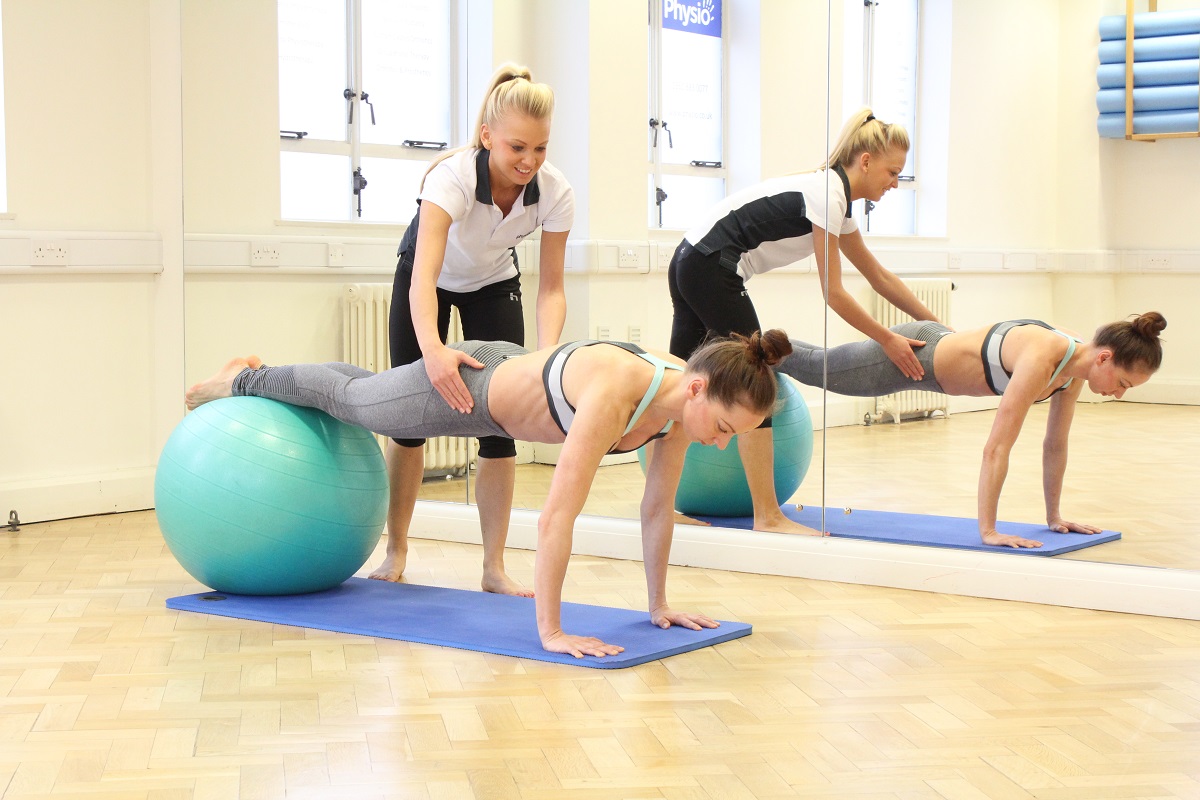
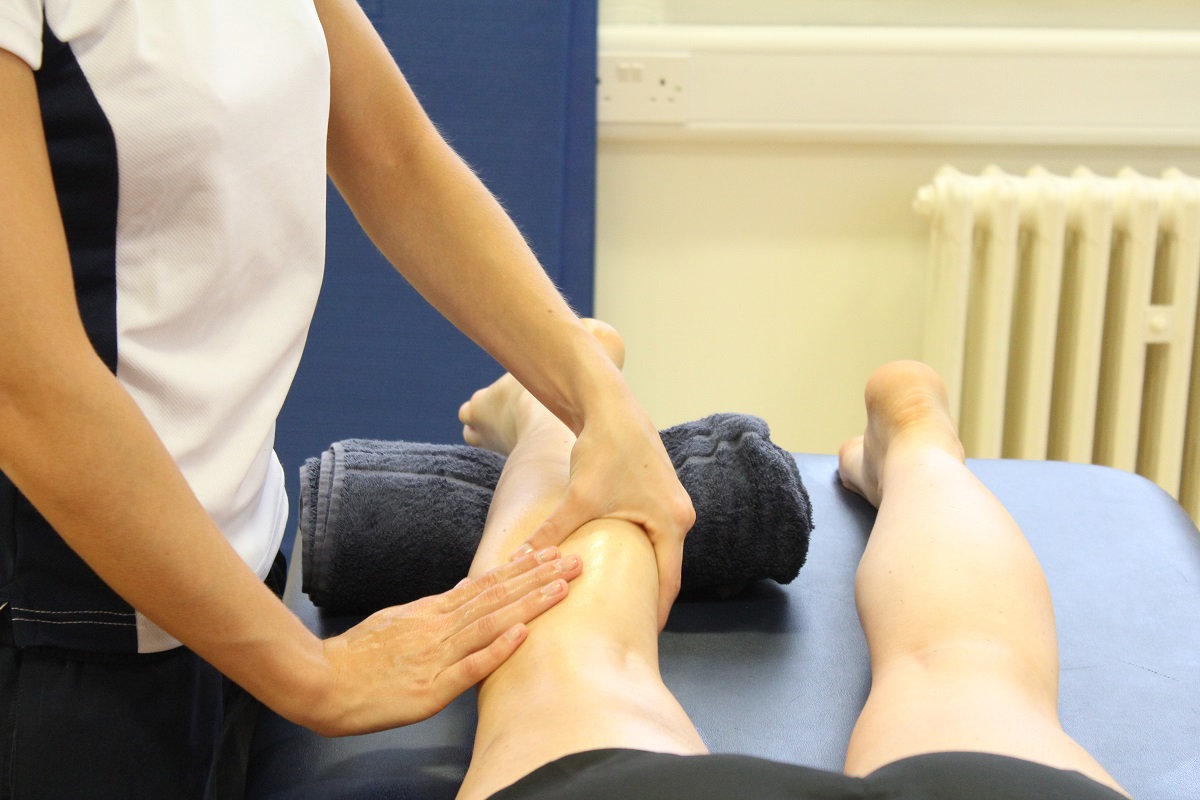
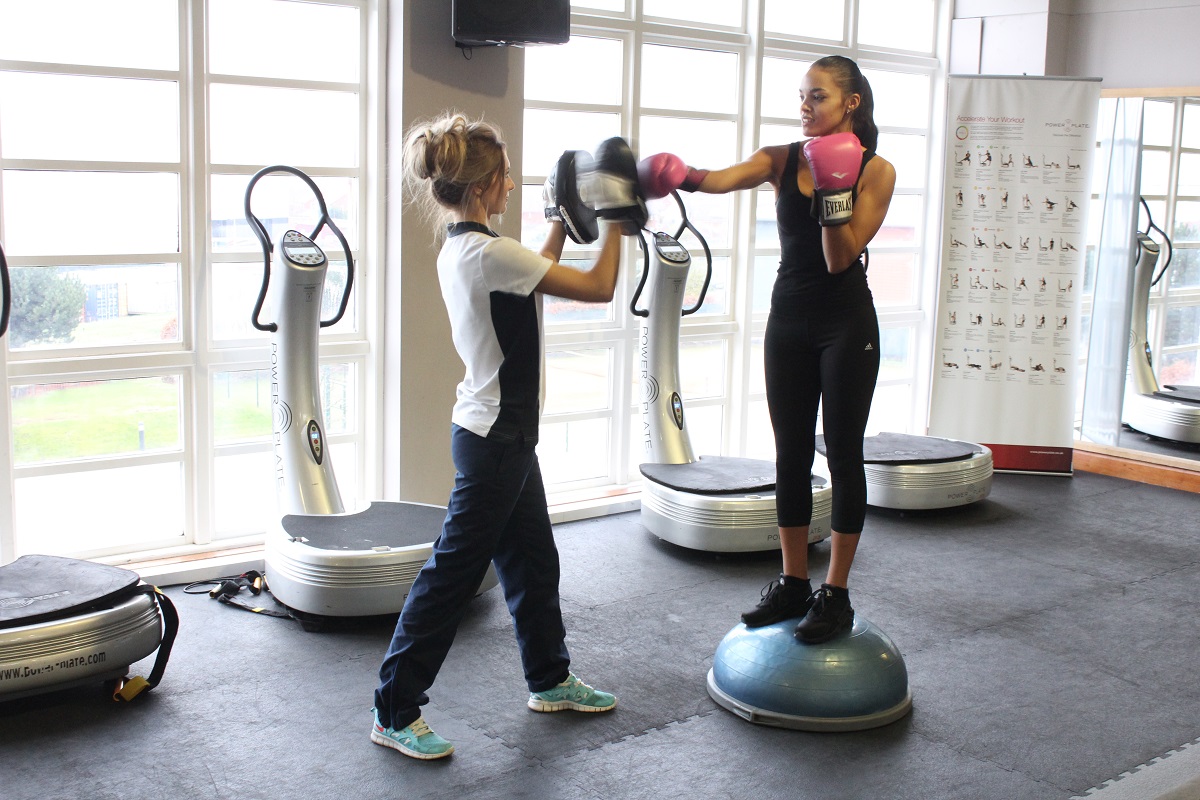


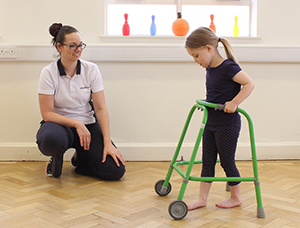
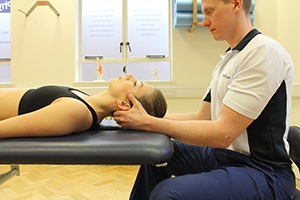






























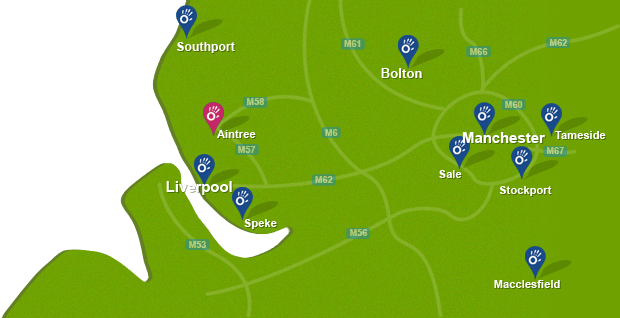

 f
f
